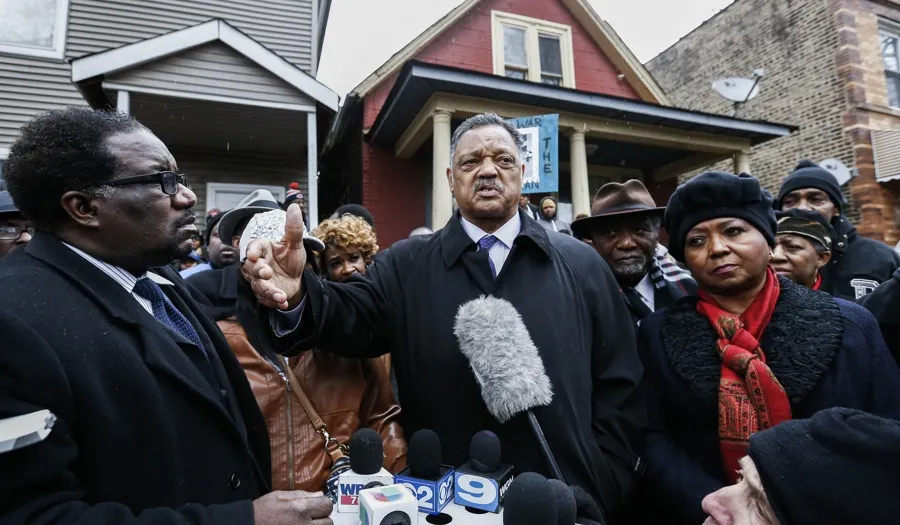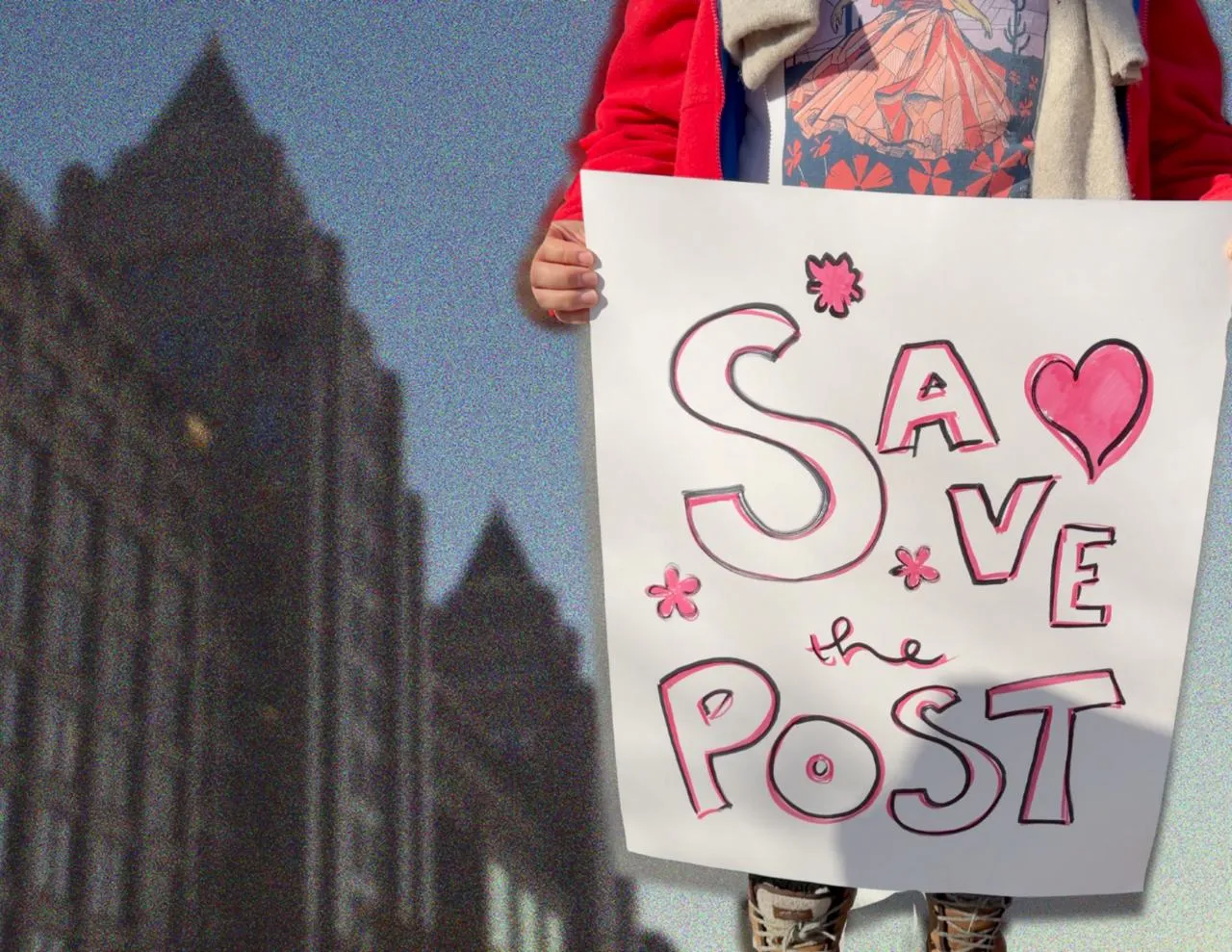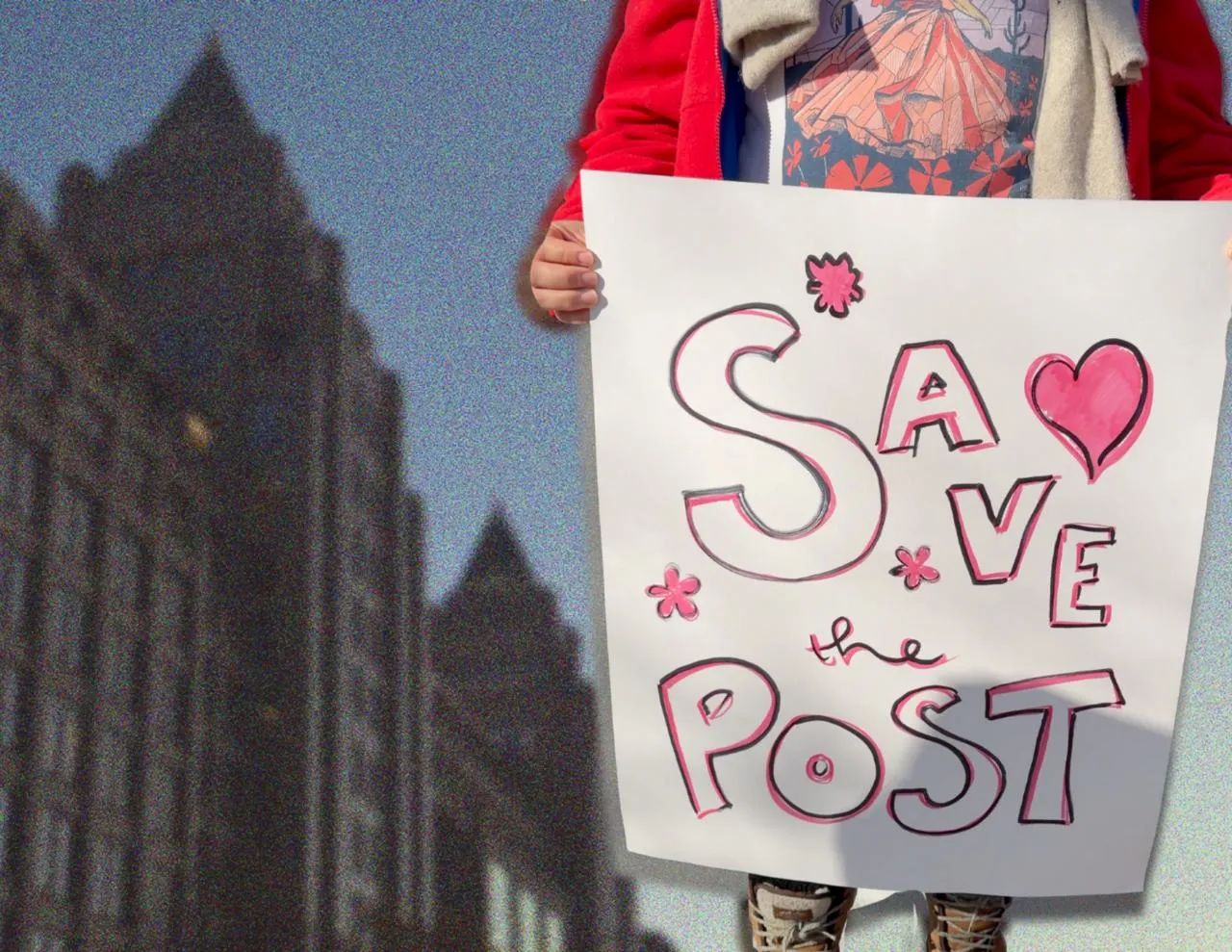Created in 1974 by President Richard Nixon, the Congressional Budget Office (CBO) is a federal agency that provides nonpartisan analysis of the federal budget and the economy for the U.S. Congress. Since a CBO report carries tons of credibility, it is disturbing when the anti-immigration reform camp claims CBO data to justify its opposition to the current immigration bill.
“The Economic Impact of S. 744, The Border Security, Economic Opportunity, and Immigration Modernization Act” was a report released by the CBO in June, 2013 which prompted Sen. Jeff Sessions (R-Ala.) to warn us all that the immigration reform bill would be “the biggest setback for poor and middle-class Americans of any legislation Congress has considered in decades.” Fox news echoed the Republican Senator concerns toward the bill reporting that —based on the CBO analysis— it was clear that the immigration bill would lower wages and make “American workers poorer.”
What follows is a quick summary of what the CBO report says about the immigration bill as passed by the Senate:
It will decrease federal budget deficits by $197 billion over the 2014-2023 period and $700 billion over the 2024-2033 period.
It will boost economic output.
Due to the average low-skilled nature of immigrants, average wages are estimated to fall in the short-run by 0.1%. However, wages should see a 0.5% increase by 2033 due to a long-run increased rate of return on capital.
The projected minimal decrease in average wages suggests that the average US resident will not be worse off under the legislation.
Therefore, according to the CBO report, enacting the immigration reform bill as is would “increase the size of the labor force and employment; increase average wages in 2025 and later years (but decrease them before that); slightly raise the unemployment rate through 2020; boost the amount of capital investment; raise the productivity of labor and capital; and result in higher interest rates.”
The stubborn opposition to immigration reform by most Republicans in the House of Representatives contradicts Douglas Holtz-Eakin, a conservative economist and former CBO director, who told Fox News that immigration reform is “an economic policy opportunity.” In a quote to The Associated Press, Republican Senator Marco Rubio declared a similar position: “The CBO has further confirmed what most conservative economists have found: reforming our immigration system is a net benefit for our economy, American workers and taxpayers.”
Considering the lack of evidence to support their anti-immigration stance, those Republican lawmakers in the House trying to kill the bill are left with what Seth Freed Wessler of Colorlines.com calls, “nothing but the familiar cultural and racial anxieties that fuel their antipathy to any opening of the country’s immigration laws.”











